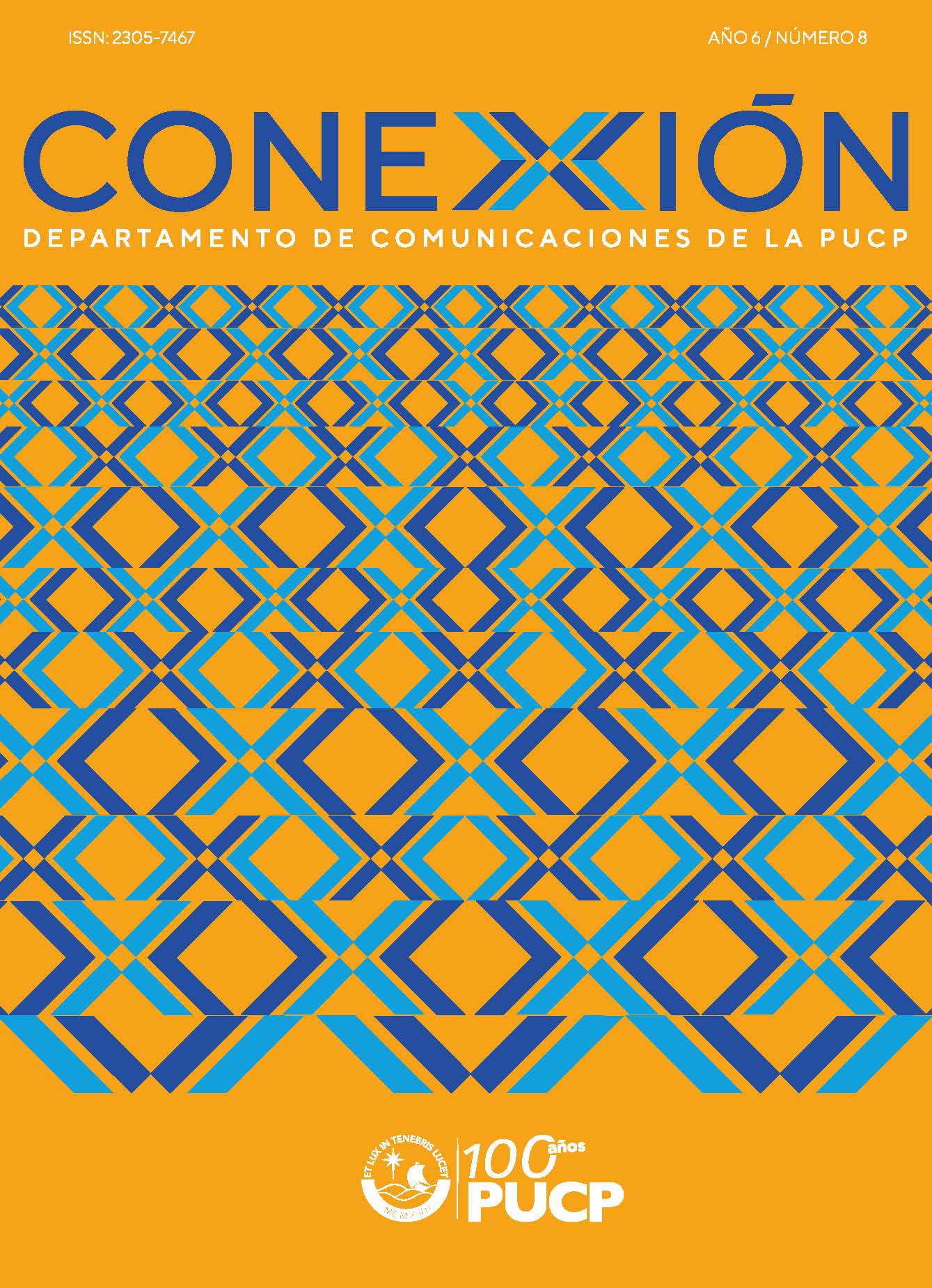Estética e ideología: Perspectivas comunicacionales
DOI:
https://doi.org/10.18800/conexion.201702.006Palabras clave:
Ideología, Teoría crítica, Estética, Fenomenología de la comunicación, Husserl, ArendtResumen
La noción de ideología se ha descontextualizado de su función crítica para emplearse como una descalificación que prescinde del debate. En este artículo,
situamos el análisis ideológico al interior de la idea básica de una teoría crítica para mostrar los problemas inherentes a su dependencia del paradigma moderno de la
subjetividad. Asimismo, luego de discutir dos esfuerzos por mantener alguna forma
de análisis ideológico a través de una reconsideración de lo estético, argumentamos
la pertinencia de una interpretación comunicacional de las nociones de crítica, ideología y estética, que las refiera a su dimensión fundante y normativa en la constitución misma del yo y su comunidad.
Descargas
Descargas
Publicado
Cómo citar
Número
Sección
Licencia
Derechos de autor 2018 Conexión

Esta obra está bajo una licencia internacional Creative Commons Atribución 4.0.














